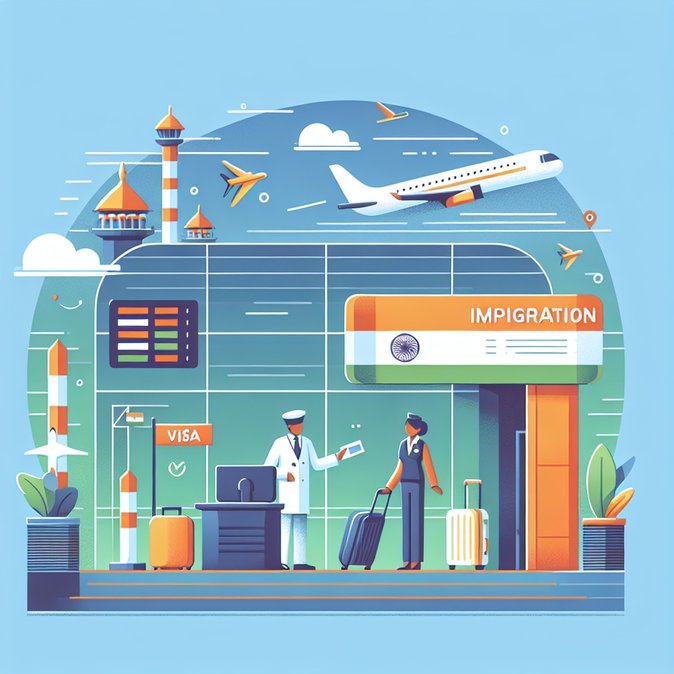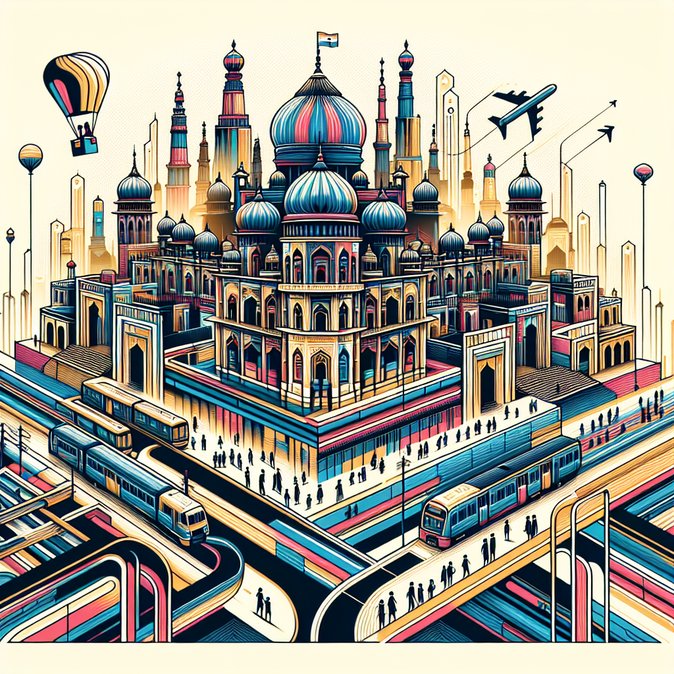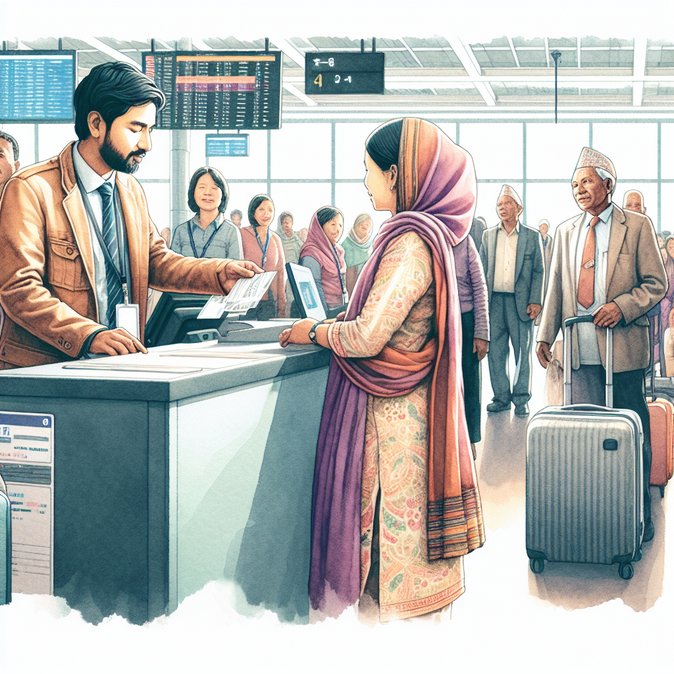
The Ministry of Home Affairs (MHA) issued an unusual Saturday-evening clarification on 1 November 2025 after social-media posts alleged that Indian immigration officers at Delhi’s Indira Gandhi International Airport had blocked a Nepali postgraduate student, Shambhavi Adhikari, from boarding her connecting flight to Berlin. According to the official statement, immigration officials never interacted with the traveller; the decision to deny boarding was taken solely by the operating airline after it found that the passenger’s Schengen visa did not cover the full length of stay requested.
Why the clarification matters: Delhi has become a major South Asian transit hub for Europe-bound travellers because of competitive fares and extensive connections. Any perception of discriminatory treatment at the border can damage India’s carefully-cultivated image as an emerging global aviation gateway. By publicly distancing itself from the incident, the MHA sought to reassure neighbouring Nepal—whose citizens ordinarily enjoy visa-free entry into India—and to underline that airlines, not border officers, make the final call on whether a passenger meets the destination country’s documentation rules.
![India Clarifies Role in Nepali Passenger’s Berlin Transit Row]()
For business-mobility managers, the episode is a timely reminder that carrier staff routinely perform an additional layer of document checks, especially for Schengen and U.S. itineraries. Even when travellers hold valid visas, mismatches between travel dates and visa validity periods, insurance gaps, or missing return tickets can trigger a “no-board” decision. Corporations should therefore advise employees and assignees transiting through India to carry complete supporting paperwork and to build sufficient layover buffers in case re-ticketing is required.
The MHA also emphasised that international transit passengers at Indian airports do not pass Indian immigration unless they enter the country. In practice, however, airlines operating under the Delhi-based hub-and-spoke model tend to err on the side of caution; a repatriation flight for an inadmissible traveller can cost upwards of US $6,000. The ministry’s swift communication—and its explicit assurance that “India values its strong relationship with Nepal”—helps defuse a potential bilateral irritant while signalling continued commitment to efficient, non-discriminatory border processes.
Looking ahead, observers expect India’s forthcoming Immigration and Foreigners Rules—expected to be notified before year-end—to incorporate clearer airline-liaison protocols and passenger-appeal mechanisms, reducing the likelihood of similar controversies.
Why the clarification matters: Delhi has become a major South Asian transit hub for Europe-bound travellers because of competitive fares and extensive connections. Any perception of discriminatory treatment at the border can damage India’s carefully-cultivated image as an emerging global aviation gateway. By publicly distancing itself from the incident, the MHA sought to reassure neighbouring Nepal—whose citizens ordinarily enjoy visa-free entry into India—and to underline that airlines, not border officers, make the final call on whether a passenger meets the destination country’s documentation rules.

For business-mobility managers, the episode is a timely reminder that carrier staff routinely perform an additional layer of document checks, especially for Schengen and U.S. itineraries. Even when travellers hold valid visas, mismatches between travel dates and visa validity periods, insurance gaps, or missing return tickets can trigger a “no-board” decision. Corporations should therefore advise employees and assignees transiting through India to carry complete supporting paperwork and to build sufficient layover buffers in case re-ticketing is required.
The MHA also emphasised that international transit passengers at Indian airports do not pass Indian immigration unless they enter the country. In practice, however, airlines operating under the Delhi-based hub-and-spoke model tend to err on the side of caution; a repatriation flight for an inadmissible traveller can cost upwards of US $6,000. The ministry’s swift communication—and its explicit assurance that “India values its strong relationship with Nepal”—helps defuse a potential bilateral irritant while signalling continued commitment to efficient, non-discriminatory border processes.
Looking ahead, observers expect India’s forthcoming Immigration and Foreigners Rules—expected to be notified before year-end—to incorporate clearer airline-liaison protocols and passenger-appeal mechanisms, reducing the likelihood of similar controversies.











